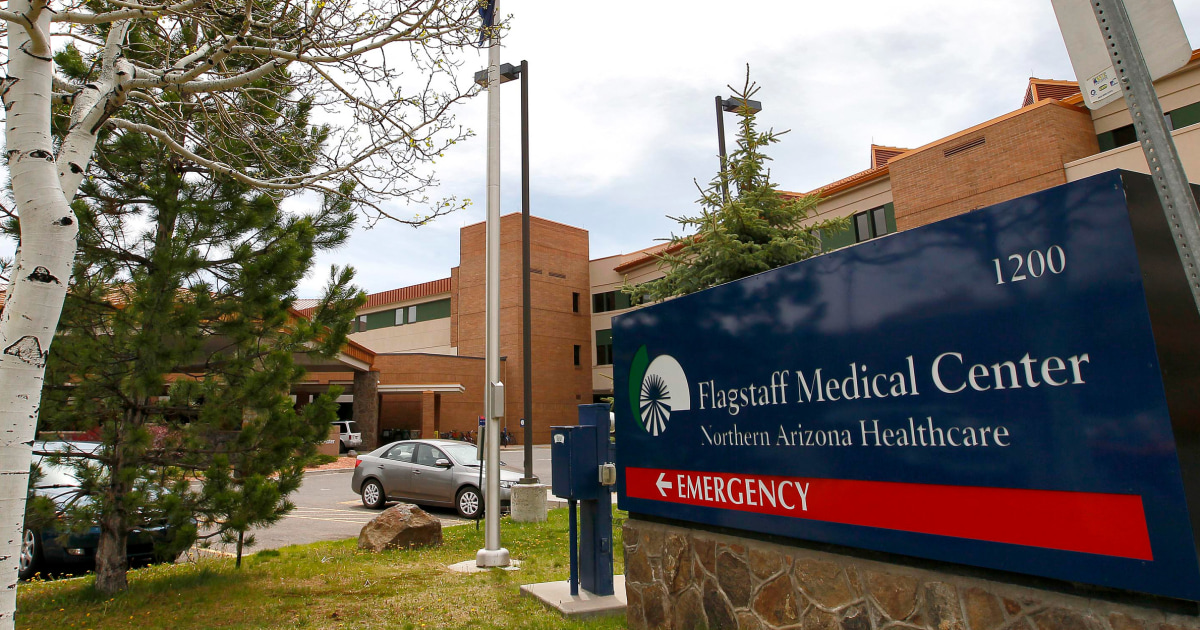Arizona patient dies in emergency room from plague

A person in northern Arizona has died from a case of bubonic plague, local health officials said.
The unidentified patient showed up to the Flagstaff Medical Center Emergency Department and died there the same day, Northern Arizona Healthcare said in a statement. It is unclear when the death occurred.
The hospital noted that “appropriate initial management” and “attempts to provide life-saving resuscitation” was performed, but “the patient did not recover.”
Bubonic plague — known for killing millions in Europe in the Middle Ages — is now rare but some cases are reported in the rural western U.S. every year, as well as in certain regions of Africa and Asia, according to the Centers for Disease Control and Prevention. The disease is caused by the bacterium Yersinia pestis and affects people and other mammals.
Symptoms usually appear within two to six days of infection and include fever and swollen painful lymph nodes, most commonly found in the armpit, groin and neck.
An average of seven human plague cases are reported each year in the U.S., but those cases aren’t always fatal, according to data from the CDC from 2000 to 2023.
In the Arizona case, rapid diagnostic testing led to a presumptive diagnosis of Yersinia pestis.
Humans are usually infected through a bite of an infected rodent flea or by handling an animal carrying the disease, according to the CDC. It can be easily cured if given antibiotics early.
The hospital is working with the Coconino County Health and Human Services Department and the Arizona Department of Health Services to investigate the case.
“NAH would like to remind anyone who suspects they are ill with a contagious disease to contact their health care provider. If their illness is severe, they should go to the Emergency Department and immediately ask for a mask to help prevent the spread of disease while they access timely and important care,” the hospital said.
Earlier in the week, the Coconino County Health and Human Services (CCHHS) reported a prairie dog die-off in the Townsend Winona area, northeast of Flagstaff — which officials said “can be an indicator of plague.”
The impacted area was on private land and the CCHHS was working with the property owner to collect fleas for testing. Burrows will also be treated to reduce flea activity and the area will be monitored.
Source link






